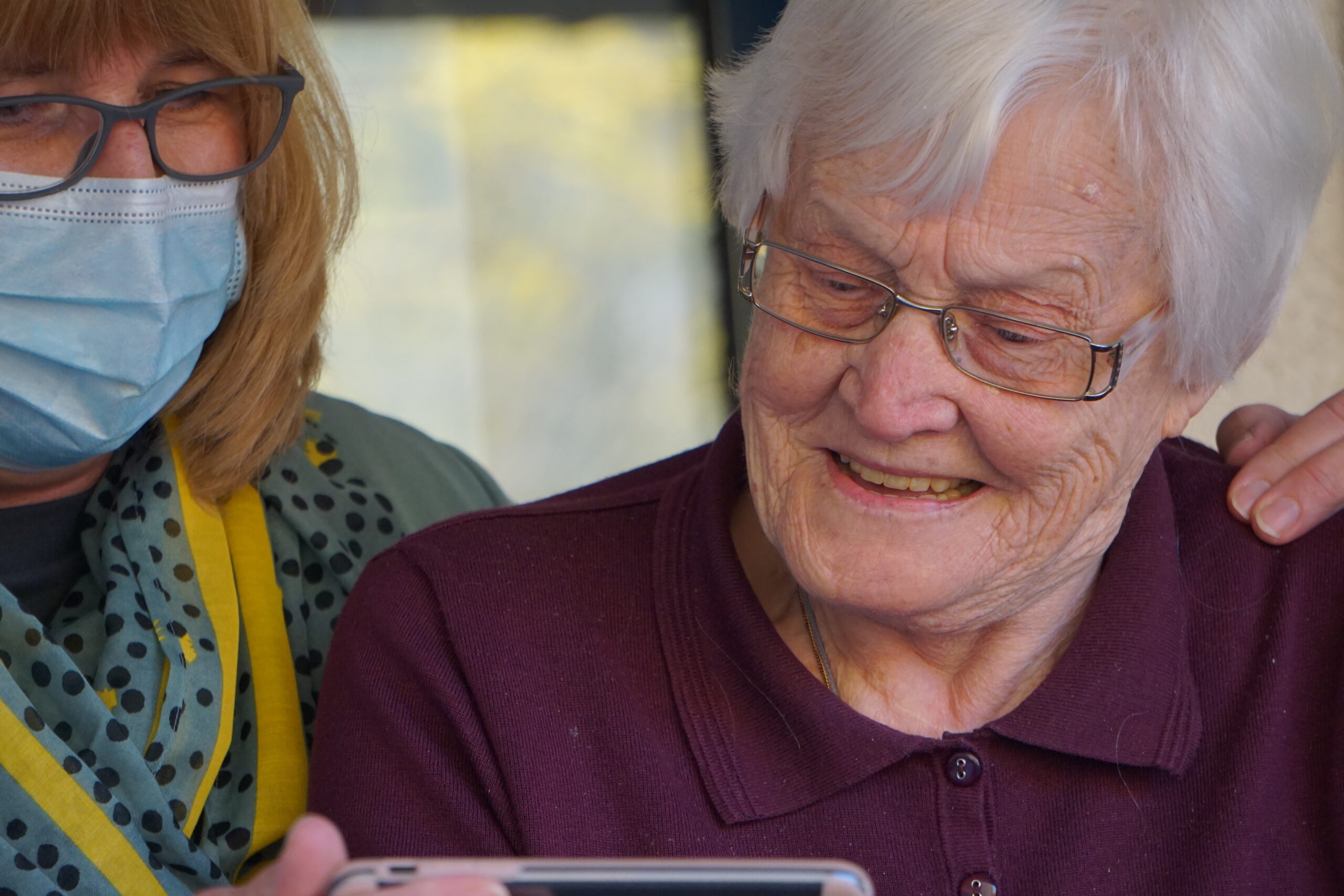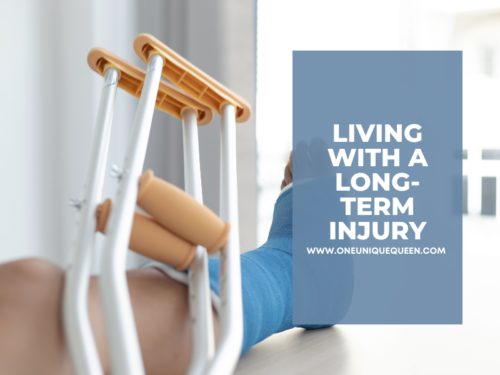


Having an elderly relative in a nursing home can be a difficult period. You have let the responsibility slip from yourself and placed your loved one into the care of a new team of people. So what if the time comes when you find yourself worrying that little bit extra when you visit them one time? Perhaps they are exhibiting a sense of agility or unrest. Perhaps they have a bruise that you don’t really understand where it’s come from or they have a cut that is unexplainable. You are well within your rights of course, to ask about the welfare of your relative and demand explanations. Will they lie to you? That is something that can’t be answered, however, any inclination that your loved one is nervous around a certain staff member or cowers away from certain situations, may give you a slight indication.

The first signs may be the most easy to spot but you need to be vigilant. Whilst the symptoms of physical abuse may differ, you must remember that many elderly people may behave similarly to children. So, you should be looking out for the following:
- Suspicious of physical contact with adults.
- They seem to be afraid of certain people or areas of the nursing home.
- Shows extreme and contradictory behaviors: aggressiveness or withdrawal.
- They do not want to undress in front of others.
- They do not want to be alone with a certain team member.
- They refuse to eat or seem withdrawn.
- They seem more confused than usual.
- They are happier (or not as happy sometimes) to see you.
Physical abuse can be due to different situations, which will require a different intervention. Elder abuse can be physical or emotional abuse, neglect, neglect, or financial abuse. You should be sure to always seek guidance if you are worried about this occurring.
Inform The Facility Managerial Team
Facilities are often unaware of the abusive behavior of their staff or other residents. You can take advantage of their complaint reporting procedure to make your complaint. You can call to file a verbal complaint, but a written complaint is more advisable as the facility would have a record of the complaint. You can also keep one too for any future reference with your lawyer. Make sure to follow up on your claim to make sure the matter is properly addressed. Try to remain calm and courteous during the call, as getting angry won’t help and may even have a backlash on your relative. Therefore, maintaining a sense of urgency and firmness is good. Be sure that you visit your relative often to get an overview of their behavior. Sometimes, it’s easy to catch them on a bad day or bad week; but if this is a consistent issue, you will notice it over a period of weeks and that is when things should be stepped up in order to make the changes.
Bear in mind that these circumstances are few and far between but negligence can lead to further mishaps down the line.
What steps would you take if you’re concerned about your elderly relative? Let me know in the comments below!











COMMENTS MAKE ME HAPPY!